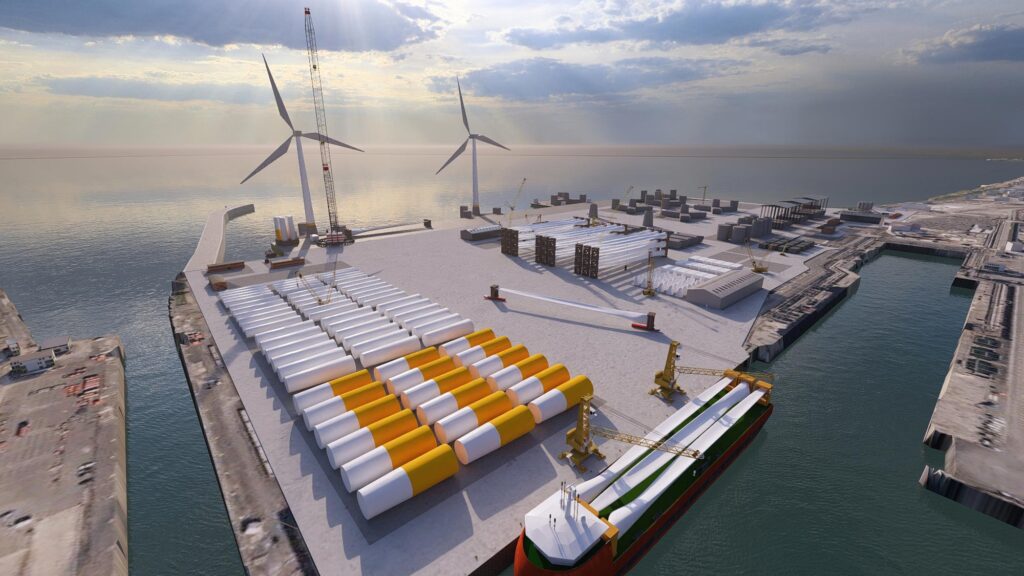Castel Developments is excited to share our vision for Timber Mills – a once-in-a-generation opportunity to transform an underused brownfield site into a vibrant new neighbourhood with homes, jobs, green spaces, and community facilities.
Our project is positioned to unlock millions in private investment to elevate Bristol’s Fishponds and Hillfields area. This is our chance to create a model urban development for Bristol – one that goes above and beyond to meet the needs of tomorrow while setting a new standard for future development citywide.
Where is Timber Mills?
The Timber Mills location on Goodneston Road offers excellent transport links, just a short cycle from Stapleton Road Station, with connections to Bristol. It creates a walkable extension of Fishponds, promoting active travel. Positioned by the Bristol and Bath Railway Path, it supports a greener, more connected community and boosts local jobs and businesses.
Find out how our proposals will rejuvenate this part of Fishponds and Hillfields into a new thriving neighbourhood to live, work and play.
About Castel
We are a company rooted in the community. For over fifty years, the family behind Castel has been an active part of Fishponds and Hillfields, historically running a timber business on Fishponds Road, the inspiration behind the site name Timber Mills.
We were instrumental in bringing forward sites for Morrisons supermarket, Buzz Bingo, and Oakwood Park in Fishponds. In the 2000s, they acquired the land at Goodneston Road with an ambition to regenerate the former industrial site into a sustainable development to benefit the Fishponds and Hillfields community.
Help shape Timber Mills
We want Timber Mills to reflect the needs and priorities of Fishponds – and that starts with your feedback. Our public consultation ran from 17 March to 11 April 2025, and the input received during this time will shape our final plans before we submit a planning application to Bristol City Council later this year.
During our consultation, we held two in-person drop-in events on Friday 21 March 2025 and Saturday 22 March 2025 at Fishponds Old Library, Fishponds Road.
For those who couldn’t attend our events in person, you can view our consultation event information boards at the link below.



